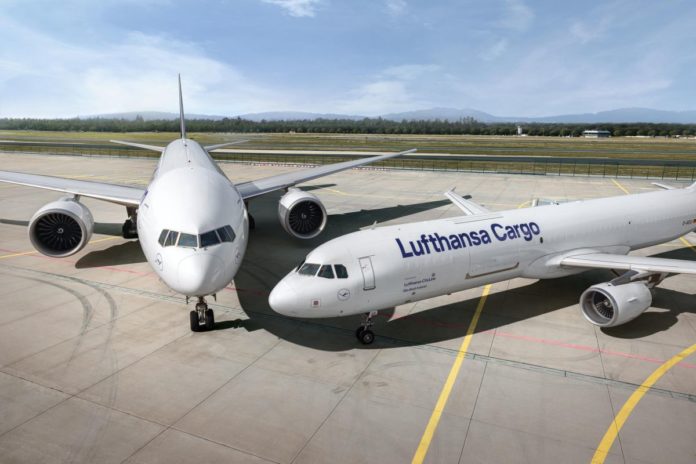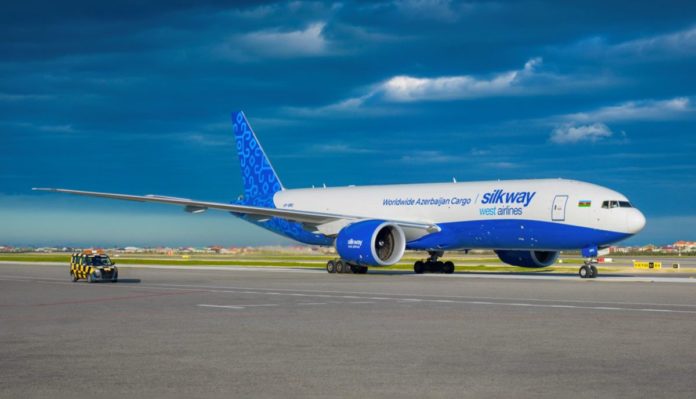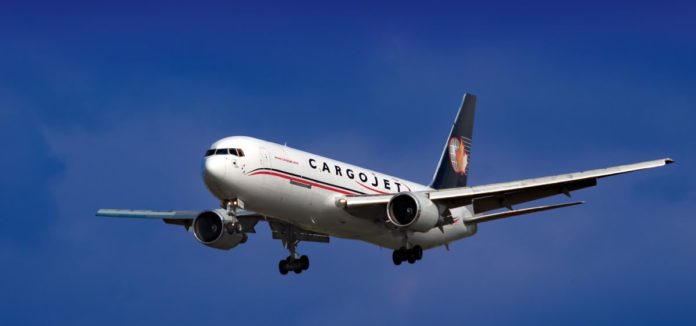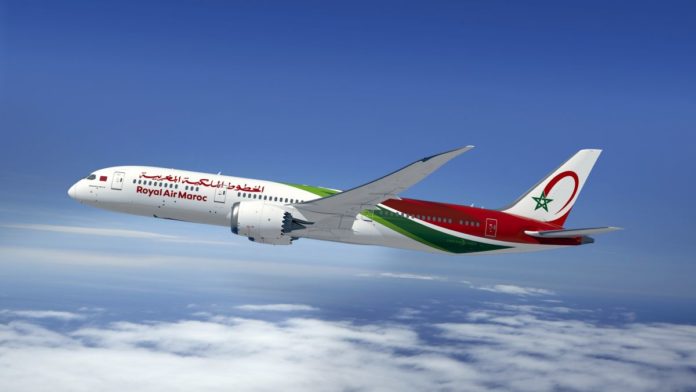The Airforwarders Association (AfA) has called for caution at a meeting of its members at its annual conference in Dallas on 4 March following Trump’s announcements of tariffs on Canada, Mexico and China.
AfA executive director, Brandon Fried, said: “We understand the political and economic reasoning behind the tariffs, but there must be stability to allow the logistics sector to plan and support US businesses.”
“Overnight changes, as in the case of the proposed 25% Colombian tariff, are damaging to the supply chain.
“If reciprocal tariffs are put in place just as quickly, then a bilateral agreement may be harder to negotiate, and we risk placing ourselves in a position of uncertainty.”
A survey conducted during the meeting revealed that 62% of AfA members were highly concerned about how the new wave of tariffs will affect their business operations.
“This could be trouble for the US economy, for the American consumer, and for air freight forwarders’ businesses,” said Fried.
The conference also featured a panel discussion on changes to air cargo policy under the new Trump administration, where tariffs dominated the conversation, with multiple panelists arguing that the tariffs are punitive in nature and will likely trigger retaliatory measures from trading partners.
Separately, Stephen Dyke, principal solutions consultant manager at visibility specialist, FourKites said: “The additional tariffs on China, Mexico and Canada are forcing companies across industries to take strategic measures to mitigate risks. The most vulnerable sectors include electronics, machinery, plastics, and furniture, where China has traditionally dominated as a supplier.
Companies are moving away from business as usual purchasing patterns toward more demand-assured procurement strategies – organizations caught with excessive high-tariff inventory amid dropping consumer demand will face a significant financial burden.”
In the near term, consumers should expect: price increases, extended lead times and less choice.
Companies are also re-evaluating their logistics networks based on product demand patterns and optimal transportation methods for different volumes.
While domestic sourcing offers a potential long-term solution for many categories, the transition requires time, investment, and careful planning, Dyke said.
In addition, the elimination of the $800 de minimis threshold will fundamentally reshape cross-border trade, forcing importers to navigate full customs clearance for over 1.3 billion shipments annually that previously entered duty-free with minimal formalities. This would add administrative costs and create significant delays at ports of entry as customs officials process a surge of formerly exempt parcels. E-commerce retailers and direct-to-consumer brands that relied on drop-shipping items directly from overseas will switch to importing in bulk into US warehouses for domestic fulfilment, increasing their operational costs.
















